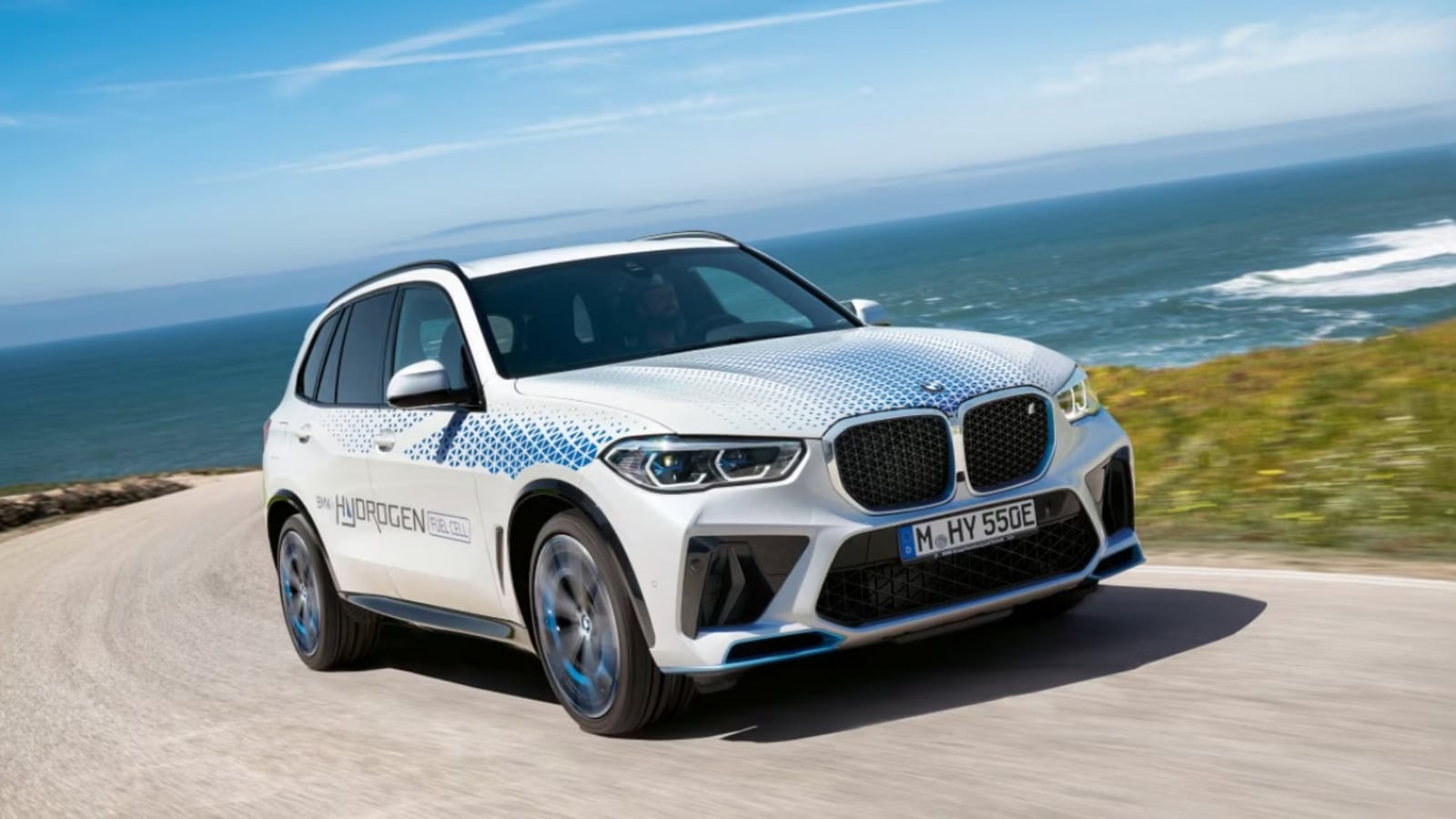BMW's Strategic Shift: Embracing Hydrogen for Future Mobility
Key Ideas
- BMW, led by Dr. Jurgen Guldner, is progressing towards a hydrogen-powered SUV for mass production in 2028, as part of its strategic shift towards hydrogen fuel-cell vehicles.
- Hydrogen is being reintroduced as a viable alternative to electric vehicles due to issues like long charging times and infrastructure limitations, with BMW aiming to address these challenges.
- Collaboration with Toyota and a focus on infrastructure development signal BMW's commitment to advancing hydrogen technology for personal mobility, despite market uncertainties.
- BMW's multi-fuel strategy, including internal combustion, electric, and hydrogen vehicles, reflects a flexible approach to adapt to evolving infrastructure, policies, and consumer preferences.
BMW's hydrogen program, under the leadership of Dr. Jurgen Guldner, is making significant progress towards the production of a hydrogen-powered SUV by 2028, with the iX5 hydrogen prototype as a key development milestone. Recognizing the limitations of electric vehicles, BMW is rekindling interest in hydrogen fuel-cell technology to complement its electric portfolio and address issues like lengthy charging times and infrastructure challenges.
Dr. Guldner highlights the advantages of hydrogen fuel-cell vehicles, emphasizing the combination of electric drivetrain benefits with fast refueling times, which could overcome barriers to EV adoption in regions with inadequate charging infrastructure. BMW's collaboration with Toyota and its focus on infrastructure readiness demonstrate a commitment to scaling hydrogen vehicle technology.
Despite uncertainties surrounding hydrogen's role in personal mobility and slow infrastructure development, BMW remains cautiously optimistic. The company's CEO, Oliver Zipse, advocates for a diversified approach that includes internal combustion, electric, and hydrogen vehicles to navigate the evolving market landscape. This adaptability allows BMW to stay agile amidst changing policies and consumer preferences.
While challenges persist, including the need for a robust hydrogen refueling network, global initiatives are underway to support hydrogen adoption. Regions like Europe, Japan, South Korea, Australia, and Brazil are investing in hydrogen infrastructure, signaling a growing market for hydrogen technologies. With BMW's strategic shift towards hydrogen, the automotive industry is witnessing a renewed focus on alternative propulsion methods, paving the way for a more sustainable future in mobility.
Topics
Green Hydrogen
Infrastructure
Technology
Sustainability
Market Trends
Automotive
Collaboration
Global Initiatives
Future Mobility
Latest News
